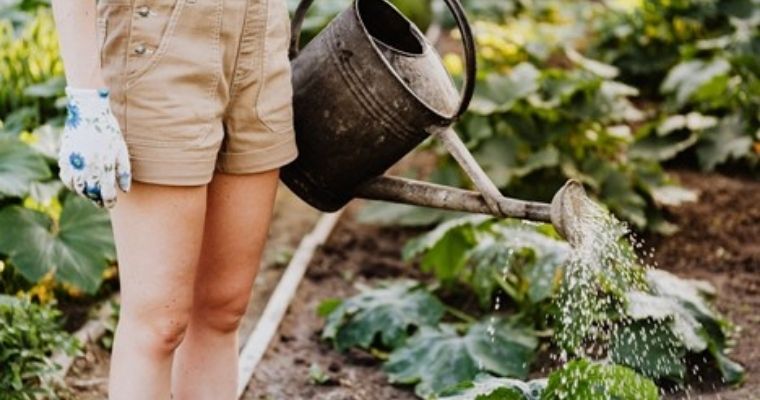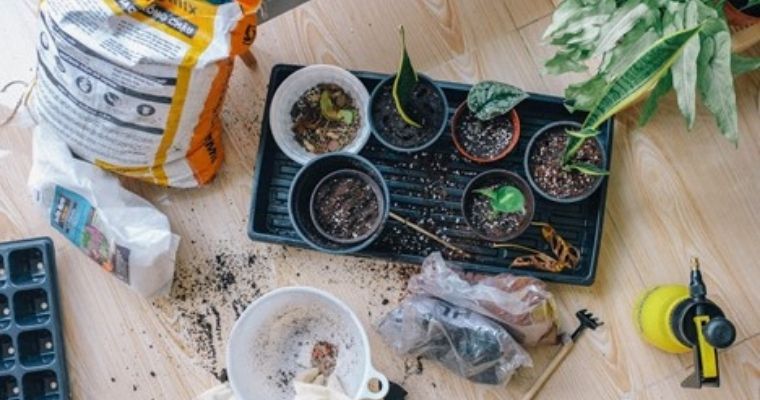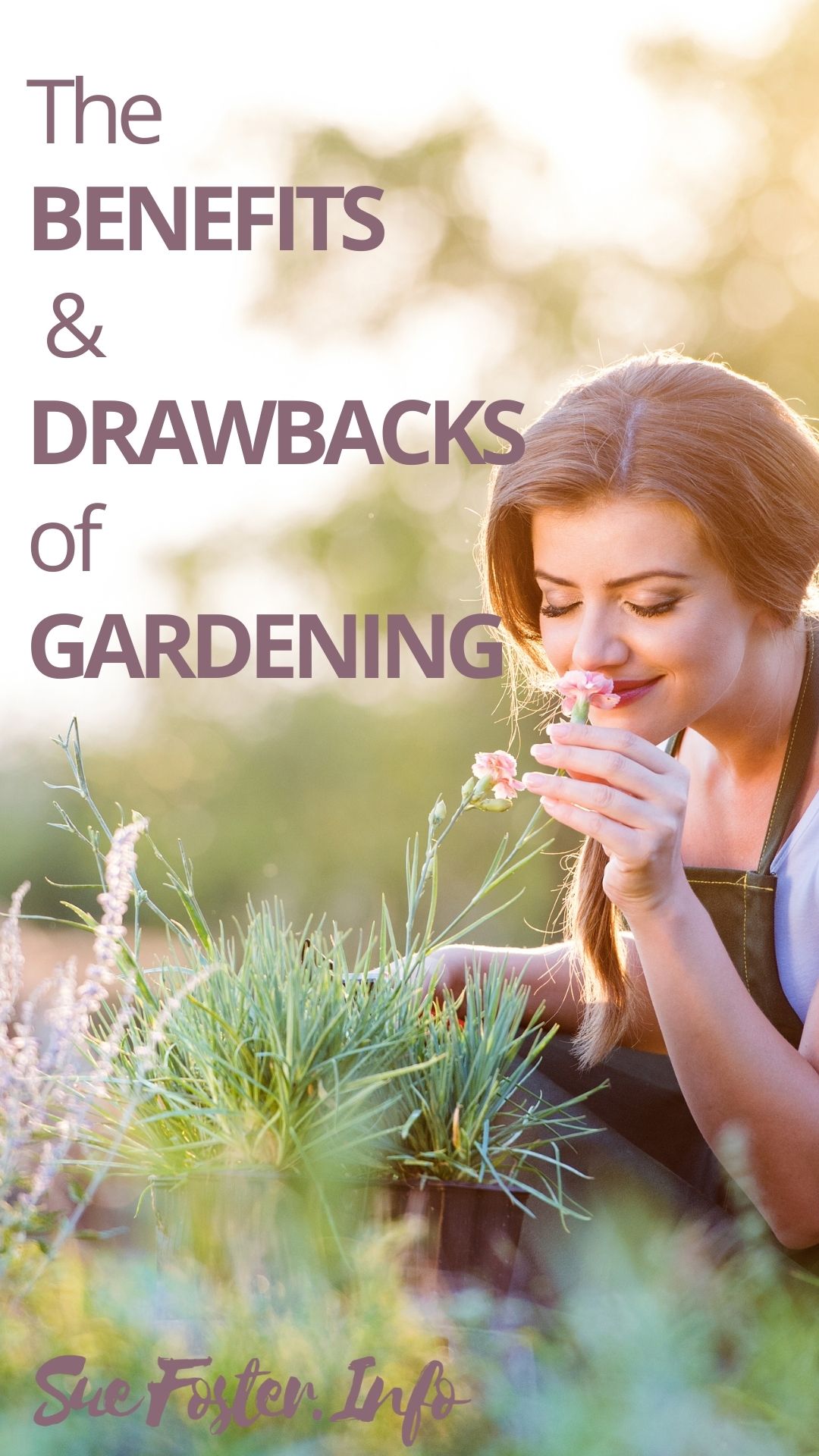In interior design magazines, we often see beautiful gardens with lush and vibrant flowers and bushes. Movies showing Victorian-era stories also display gorgeous gardens with various flowers. For most of our life, we’ve all been told that having a garden is a good thing. And it mostly is good.
However, similar to taking care of an expensive car, there’s a lot of work that goes unseen. If you’re still looking at it from the outside, having a garden looks fine and swell. Your environment immediately becomes better-looking, you have an area to relax and enjoy nature in, and there’s even potential of harvesting fruits and vegetables. But before you go out and buy gardening tools, let’s look at the hard reality behind it.

Endless Nights of Studying and Research
Gardening is a science as much as it is an art, and you’ll constantly have to research it. It’s not a matter of planting a seed, putting fertilizer, and then watering it and expecting it to grow in a few weeks.
The truth is there’s a lot of factors you need to think of. You need to think about the soil, the temperature, what kind of plants work best in your location and climate, whether you should be planting native plants or introducing foreign ones, and other aspects like that. Of course, if you’re hiring a professional gardener to do it for you, then you don’t have to worry about it.
But not everyone is affluent enough to afford a full-time gardener. And many interested in keeping one in their property are looking to do it themselves. So if you’re willing to commit to constant research, then you should take a shot at gardening.
If You’re Careless, It Can Breed Insects and Parasites
Depending on what you’re planting, you might have to avail of control services for pests such as ticks and mosquitos. Insects love plants, and some types of plants are just magnets for bugs and other creepy crawlies.
To avoid having insects, you need to maintain the soil and the plants. By keeping the soil well maintained and properly fertilized, the plants themselves will be healthier and develop better immune systems to fend off against insects. Planting insect-resistant varieties can also help. But to dismiss all insects as detrimental is negative; some insects are very helpful.
So make sure to attract the beneficial insects and repel pests instead. Growing helpful flowers like coriander, calendula, and some types of perennial can attract these beneficial insects.
It’s Exercise
This one is a good thing or a bad thing, depending on how you perceive its value. We all know how physically involved gardening can be. You have to squat down for a stretch of a few minutes; you have to carry sacks of soil, dig, and move around pots and plants.
You’ll move a lot, squatting, standing, sitting, and even walking while carrying something heavy. You’ll also work under the sun for quite an amount of time, so that’s a healthy dosage of Vitamin D. All in all, gardening is a physically taxing activity, and if you’re not up for that, maybe gardening isn’t for you.

It Provides Food if You Do It Right
Many people like the idea of gardening because it can provide food. Who doesn’t like free food? But obviously, food that comes out of your garden isn’t exactly free. You’re paying for it with time, money, and effort. And it’s not always a guarantee.
The risk of failing to grow a vegetable or fruit is very high, especially if you don’t do all the right things to facilitate its growth. Growing a fruit-bearing plant can be a very delicate situation, and without the right knowledge and tools, it can all go down to waste.
Before approaching gardening to plant for harvest, keep in mind that you have to study. As mentioned before, a large part of gardening is researching what works and what doesn’t, unless you have the time to do trial-and-error to see which works.
Is It Worth It?
Gardening is worth it — if you think it is. All the hard work and effort you’ll have to pour in will only mean something if you like or enjoy what you’re doing.
Gardening isn’t for everyone; that much is true. It’s not for those who don’t have the time to plant and take care of their seeds, nor it’s not for those who can’t do physically strenuous work and stay under the sun for too long. But if you don’t mind all of those, then gardening is worth the effort whether your garden is small or large.
You may also be interested in reading: The Health Benefits of Gardening and Money Saving Tips.


